For musicians and DJs, a laptop is not just a device, but a key element of creativity. To work with dozens of tracks, plugins and effects without lags, you need powerful “stuffing”. The latest generation processor (Intel Core i7/i9, Apple M-series or AMD Ryzen) and at least 16 GB of RAM are the basic requirements for processing complex projects. And if you work with large samples and multi-track recordings, a fast SSD (512 GB+) and an additional HDD will be a salvation for data storage.
But that’s not all. Touring artists should pay attention to durability and mobility. The laptop should withstand shaking on the road, accidental falls and temperature changes. In such cases, it is worth taking a closer look at protected models with a magnesium alloy or aluminum case. And for those who value lightness, thin ultrabooks weighing up to 1.5 kg will be an ideal choice – they can even be taken in hand luggage.
Many consider the MacBook Pro to be the benchmark for musicians, thanks to macOS optimized for Logic Pro and Ableton Live. But Windows laptops are no slouch, supporting more audio interfaces and often offering better value for money.
Our editors have analyzed dozens of models, comparing their performance, battery life, ports, and price. In this guide, you’ll find options for studio work, live performances, and compact travel. Find your perfect instrument — and let nothing limit your creativity!
Key selection criteria
Before you buy a laptop for music production , consider:
- Performance : multi-core processor (Intel i7/i9, Apple M-series, AMD Ryzen 7/9), 16+ GB RAM, SSD from 512 GB.
- Low audio latency : critical for recording and live performances.
- Ports : Thunderbolt 4/USB-C, HDMI, USB-A for connecting audio interfaces, MID keyboards and external drives.
- Autonomy : at least 6-8 hours of operation without a power outlet.
- Screen : Full HD+ resolution for comfortable work with plugins and mixers.
Top 7 Laptops for Music and Recording
1. MacBook Pro (M2/M3)

Ideal for writing music in Logic Pro or Ableton Live. Apple Silicon chips provide zero latency, and macOS is optimized for audio software. Pros: Ideal for writing music in Logic Pro or Ableton Live. Apple Silicon chips provide zero latency, and macOS is optimized for audio software. Pros:
- Up to 20 hours of battery life.
- Thunderbolt 4 for connecting audio interfaces.
- Excellent built-in microphone and speakers.
Who it’s for : Producers working in the Apple ecosystem.
| Pros | Cons |
|---|---|
| Zero audio latency | High price |
| Up to 20 hours of battery life | Limited ports (USB-C only) |
| Optimization for Logic Pro, Ableton | No memory card slot |
| Great built-in microphone/speakers | Not suitable for upgrade |
2. Dell XPS 15/17
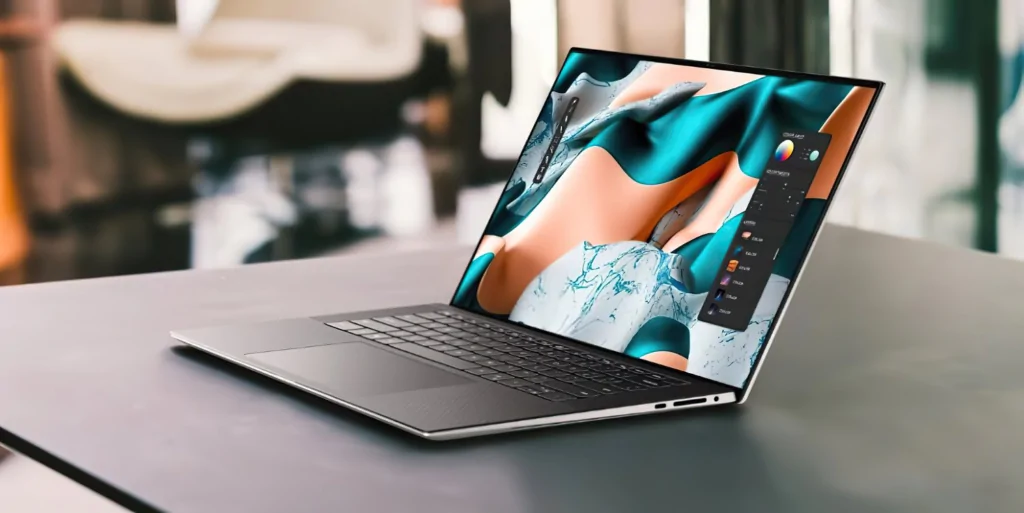
Powerful music recording laptop with Intel i7/i9 processors and NVIDIA discrete graphics. Benefits:
- Bright 4K screen for visual control of tracks.
- HDMI and USB-C ports for studio equipment.
- Support for VST plugins without lags.
Keyword : beatmaking laptop.
| Pros | Cons |
|---|---|
| Powerful processors (Intel i7/i9) | High cost |
| Bright 4K screen | Heating under prolonged load |
| Lots of ports (HDMI, USB-C, SD card) | Heavy Weight (XPS 17) |
| Discrete graphics support | Average battery life (5-7 hours) |
3. ASUS ZenBook Pro Duo

Unique dual-screen model. The second display is useful for placing mixers, plug-ins or sheet music. Features:
- Intel i9 processor + 32 GB RAM.
- Ideal for complex arrangements.
For whom : composers and arrangers.
| Pros | Cons |
|---|---|
| Second screen for plugins and mixers | Very heavy (2.5kg+) |
| Powerful hardware (i9 + 32GB RAM) | Short working time (4-5 hours) |
| Convenient for complex arrangements | Uncomfortable keyboard due to the screen |
| Stylish design | High price |
4. Razer Blade 15

A gaming laptop that has become a hit among musicians. Pros:
- Powerful cooling system for long sessions.
- Thunderbolt 3 and HDMI 2.1 for multi-channel audio interfaces.
- Stylish design for the stage.
Keyword : laptop for dj.
| Pros | Cons |
|---|---|
| Powerful cooling for long sessions | High price |
| Thunderbolt 3 and HDMI 2.1 | Noisy fans |
| Game graphics for visualization | Average battery life (5-6 hours) |
| Stylish metal case | No numeric keypad |
5.Microsoft Surface Laptop Studio

A hybrid with a touchscreen that can be converted into a tablet for drawing notes or adjusting effects. Features:
- Intel i7 processor + 32 GB RAM.
- Compatible with DAWs like FL Studio and Cubase.
For whom : experimental musicians.
| Pros | Cons |
|---|---|
| Hybrid design with touch screen | Restricted ports |
| Powerful configuration (i7 + 32 GB) | High price |
| Suitable for drawing notes | Heavy (1.8 kg) |
| Optimization for Windows DAW | Autonomy up to 7 hours |
6. Acer Predator Helios 300 (budget option)
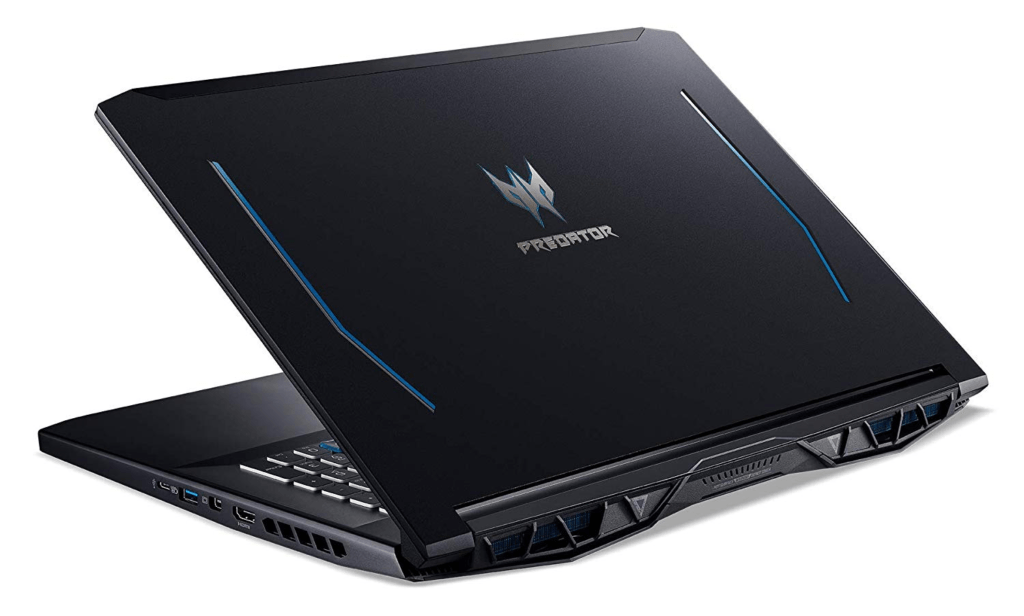
If you’re looking for a budget laptop for music, this model offers an i7 + 16GB RAM for a reasonable price. Pros:
- NVIDIA discrete graphics for project visualization.
- Lots of ports including USB-A and Ethernet.
Keyword : laptop with good sound.
| Pros | Cons |
|---|---|
| Low price for its characteristics | Bulky design |
| Many ports (USB-A, Ethernet) | Short battery life (4 hours) |
| NVIDIA Discrete Graphics | Noisy cooling system |
| Good performance for the money | Plastic case |
7. HP Envy 16

Balance of price and quality. Suitable for sound recording and mixing tracks:
- 120Hz display for smooth DAW interface.
- Acoustics from Bang & Olufsen.
For whom : aspiring producers.
| Pros | Cons |
|---|---|
| Quality Sound (Bang & Olufsen) | Average performance for heavy projects |
| Bright display 120Hz | Only 2 USB-C ports |
| Stylish thin body | No Thunderbolt |
| Good battery life (8-9 hours) | High price for basic configurations |
Summary: For what purposes are the laptops from this top best suited?
- For the studio : MacBook Pro, Dell XPS 17.
- For DJ : Razer Blade 15, Microsoft Surface Laptop Studio.
- Budget option : Acer Predator Helios 300.
How to Choose a Laptop for Music Production: Key Nuances
RAM: How Much Do You Need?
When working with audio projects, random access memory (RAM) is your best ally. The minimum requirements of DAWs (Ableton Live, FL Studio, Logic Pro) are often understated. For example, trying to run a multi-track project on a laptop with 4 GB of RAM will result in an endless wait for samples to load. RAM is the “short-term memory” of the device: the more of it, the smoother the playback and processing of tracks.
- Recommended minimum : 8GB DDR4.
- Ideal option : 16 GB+ for working with heavy projects and future updates.
- Important : Check if your memory can be expanded. MacBooks are not upgradeable, but many Windows laptops (like the Dell XPS or ASUS ZenBook) allow you to add RAM modules.
Storage Memory: SSD vs HDD
Solid-state drives (SSD) are a must-have for musicians. They provide instant loading of samples, plugins, and projects. However, for storing archives, a hard disk drive (HDD) or external SSD is suitable:
- SSD 512GB+ – for installing DAWs, plugins and active projects.
- HDD 1 TB+ or external drive – for backups and sample libraries.
- Tip : Use external SSDs with USB-C/Thunderbolt for transfer speeds up to 1000MB/s.
How We Test Laptops
When evaluating models, we focus on three aspects:
- Performance :
- Launch multitrack sessions in Ableton Live and Logic Pro.
- Tests with resource-intensive plugins (e.g. Kontakt or Serum).
- Stability with 100+ tracks and effects.
- Portability and reliability :
- Weight up to 2 kg and durable body (aluminum, magnesium alloys).
- Availability of Thunderbolt 4/USB-C for connecting audio interfaces.
- Screen and sound :
- Brightness and color rendering for working with visual editors.
- The quality of the built-in speakers (for example, MacBook Pro or HP Envy 16).
Gaming laptops (Razer Blade 15, Acer Predator) often make it to the top due to their powerful CPU/GPU and efficient cooling.
Why shouldn’t you save?
A music laptop is a long-term investment. Cheap models with 8GB of RAM and an HDD will quickly become obsolete, and replacing them will cost more than the initial purchase of a top-end device.
- Example : MacBook Pro M2 will last 5-7 years thanks to macOS optimization.
- Tip : Choose models with power reserves. If your budget is limited, consider the Acer Predator Helios 300 or HP Envy 16.
Summary
The best laptop for music production is a balance between performance, reliability, and mobility. Don’t chase the number of ports: docking stations will solve the connectivity problem. What’s more important is that the device doesn’t freeze when rendering 50 tracks and can withstand the stress of touring.
What to remember :
- 16GB RAM + 512GB SSD – a base for a professional.
- MacBook is the benchmark for optimization, Windows laptops are flexible and affordable.
- Test your laptop in real-life conditions: load a heavy project and push effects to the limit.
Choose wisely – and let your music sound flawless! 🎧

















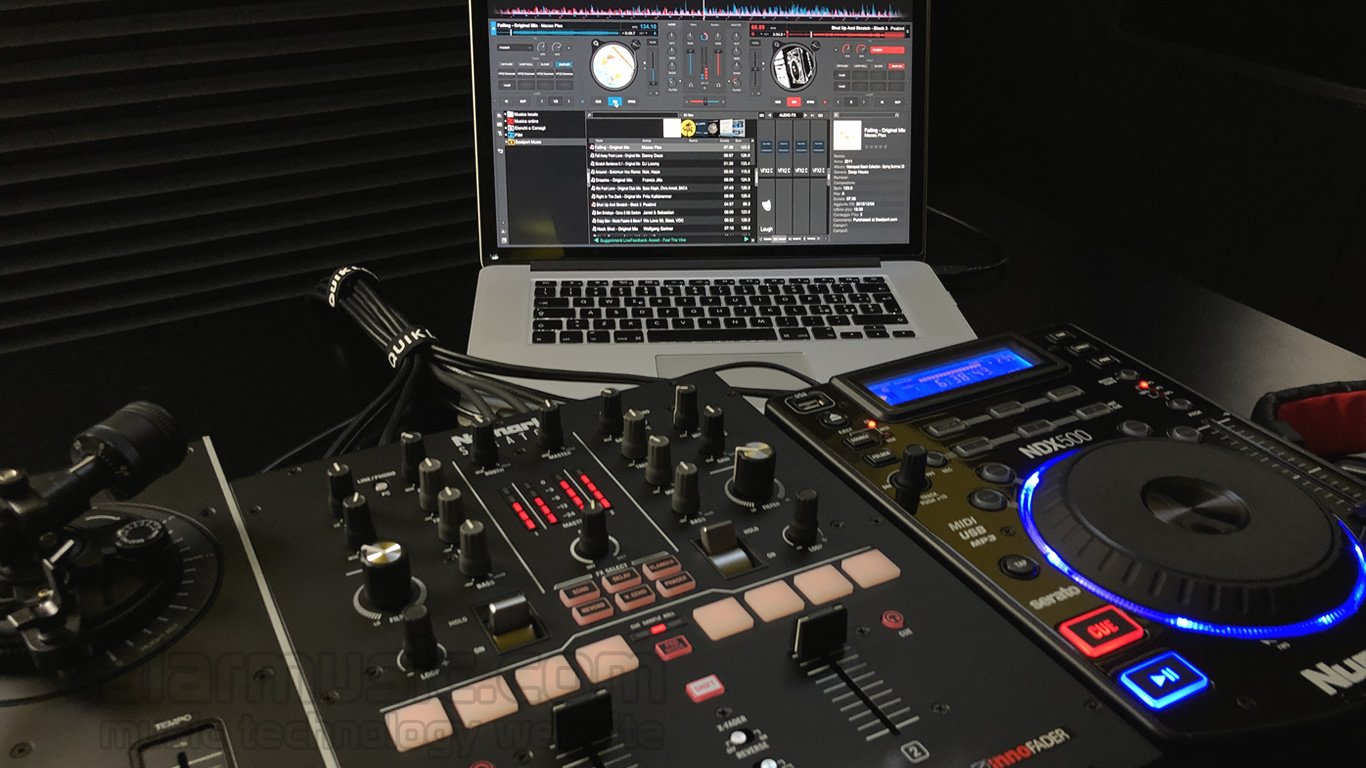
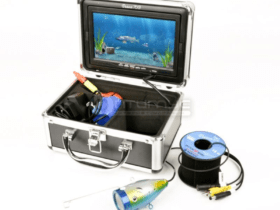


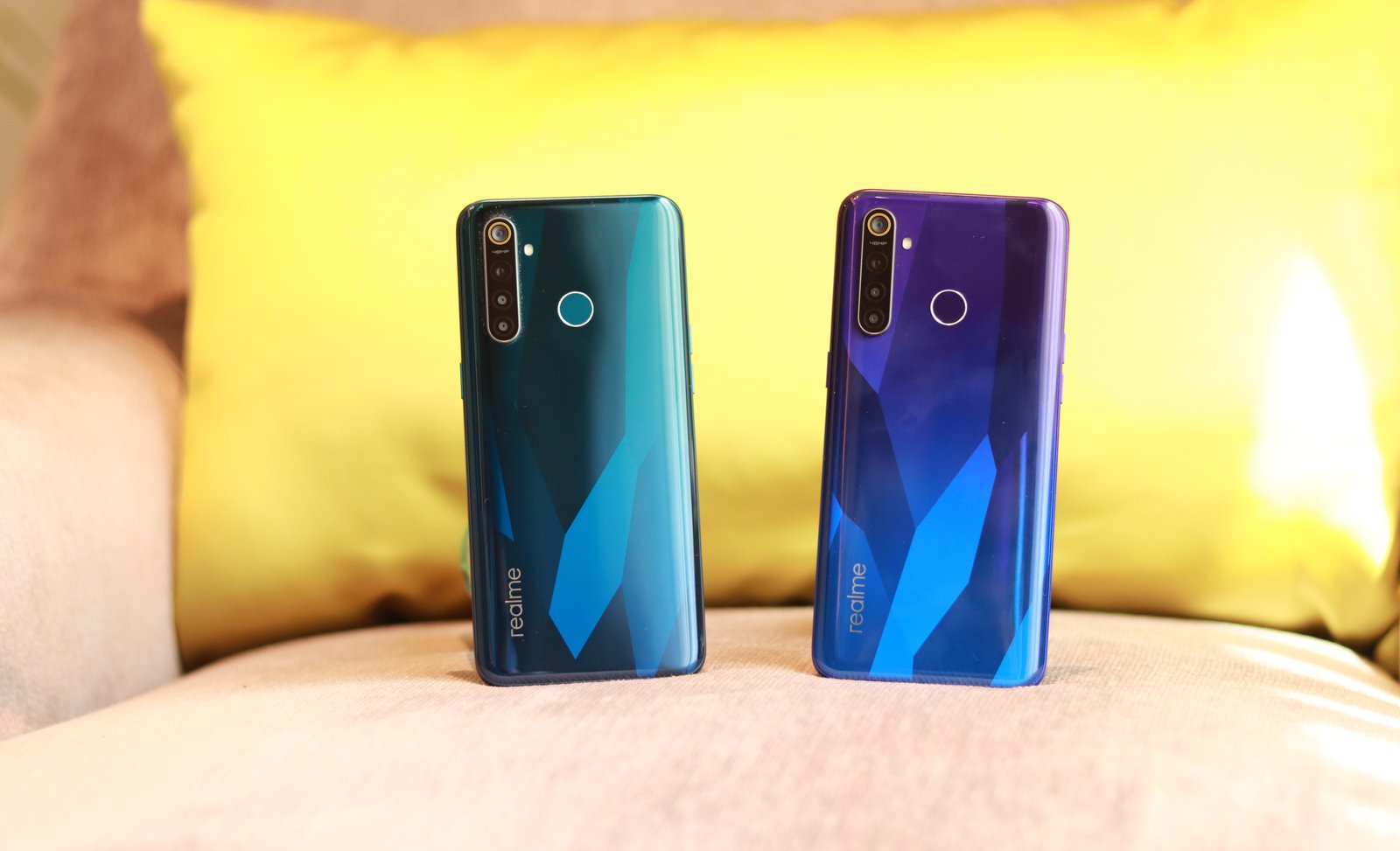

ОТВЕТИТЬ